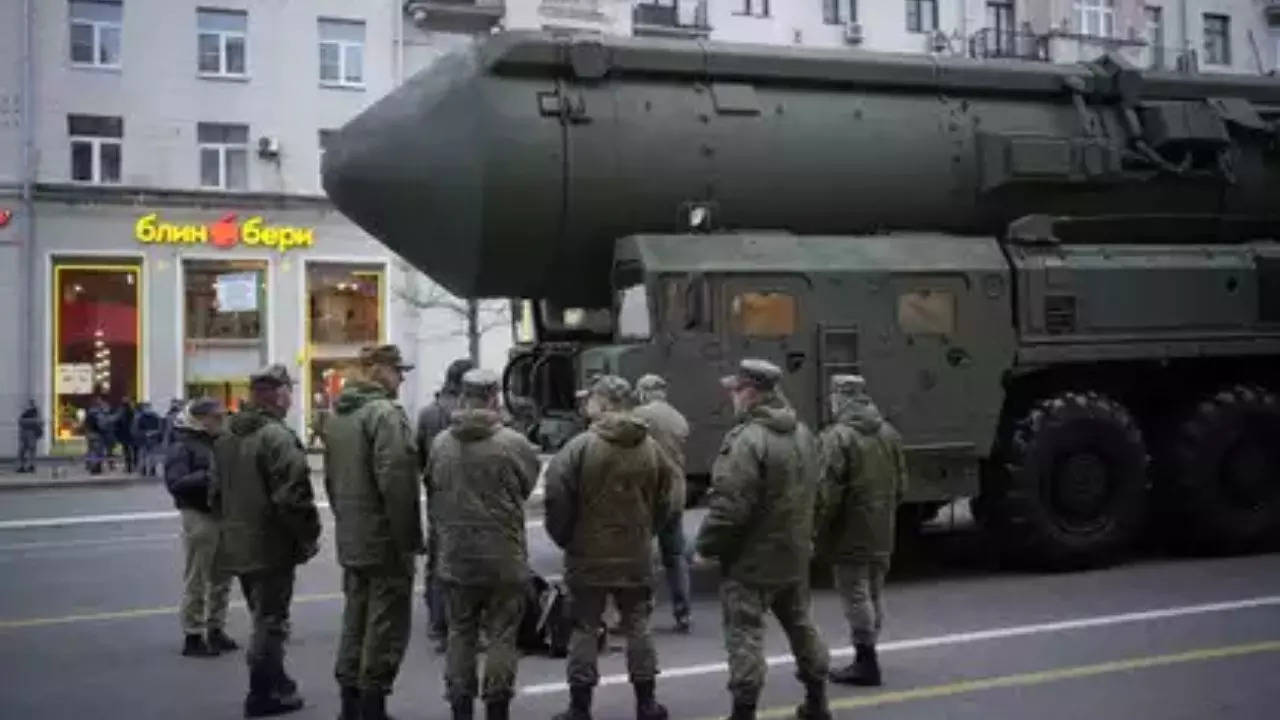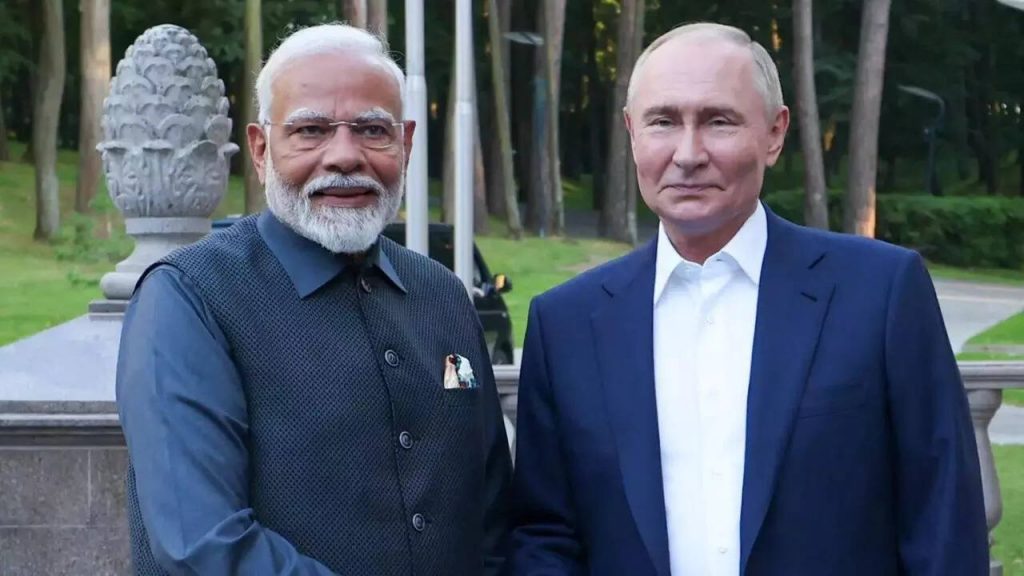After the fall of the Soviet Union, Ukraine inherited a significant nuclear stockpile. Despite possessing these nuclear weapons, Ukraine chose to relinquish them due to financial constraints and geopolitical risks. The 1994 Budapest Memorandum assured security guarantees to Ukraine; however, these guarantees proved to be unreliable when Russia annexed Crimea and backed separatists in Ukraine. The current Russia-Ukraine conflict underscores the vulnerabilities of Ukrainian security in the absence of nuclear deterrence. This situation has raised concerns about Ukraine’s ability to defend itself effectively against external aggression. The decision to give up nuclear weapons continues to have repercussions on Ukraine’s national security strategy. The country now relies on international support and alliances to ensure its sovereignty and territorial integrity. The ongoing conflict serves as a stark reminder of the complex geopolitical landscape in Eastern Europe and the challenges faced by Ukraine as it navigates its security concerns. The need for a robust security framework and diplomatic efforts to address the tensions in the region has become more apparent in light of recent events. Ukraine’s strategic decisions in the aftermath of the Soviet Union’s collapse continue to shape its security dynamics and relations with neighboring countries, particularly Russia.

Posted in
JUST IN
Ukraine’s Nuclear Legacy: How Relinquishing Weapons Led to Vulnerabilities Amid Russia-Ukraine Conflict
In Trend

“India’s COVID-19 vaccine production to quadruple with $1.35 billion grant for boosting capacity”





















